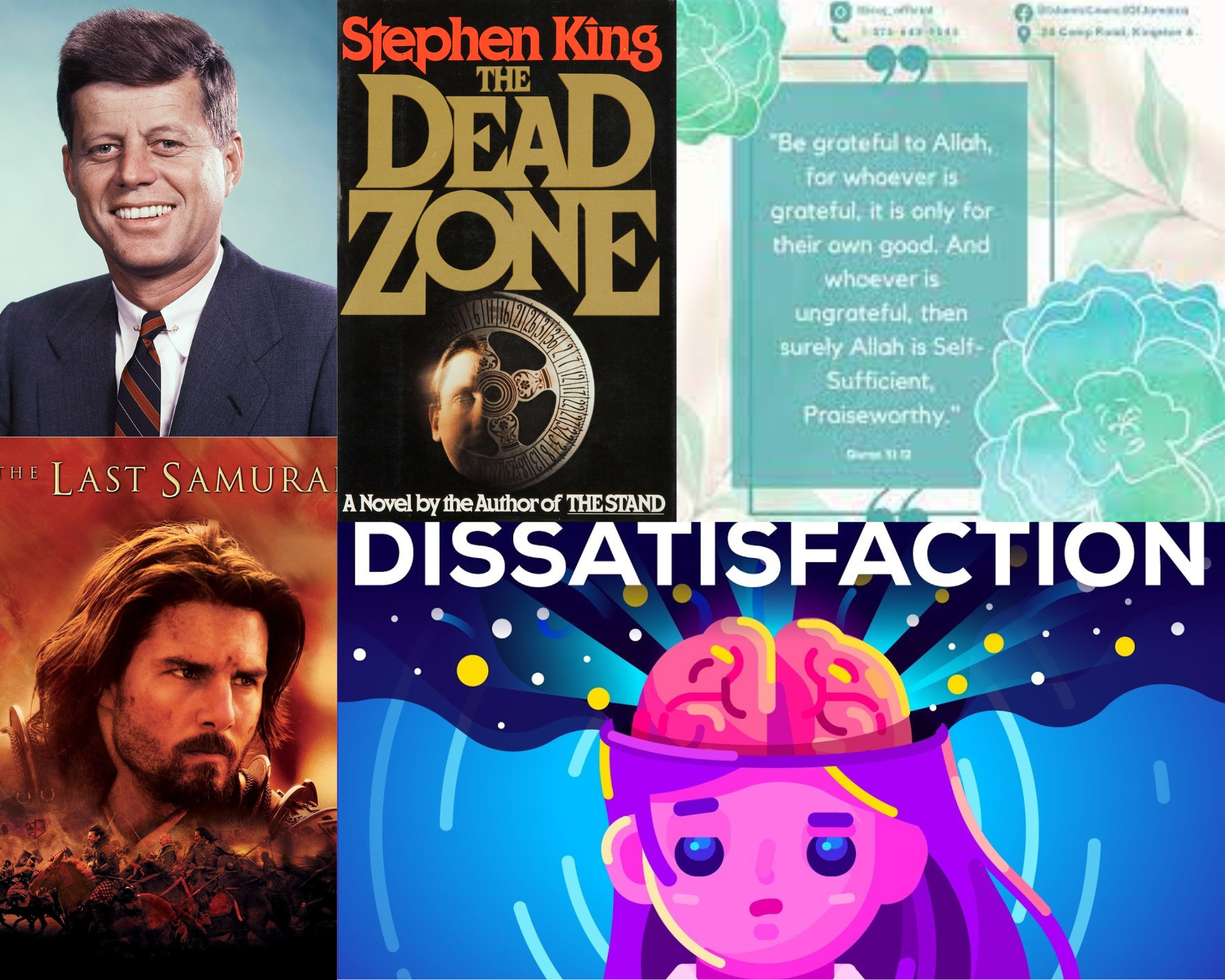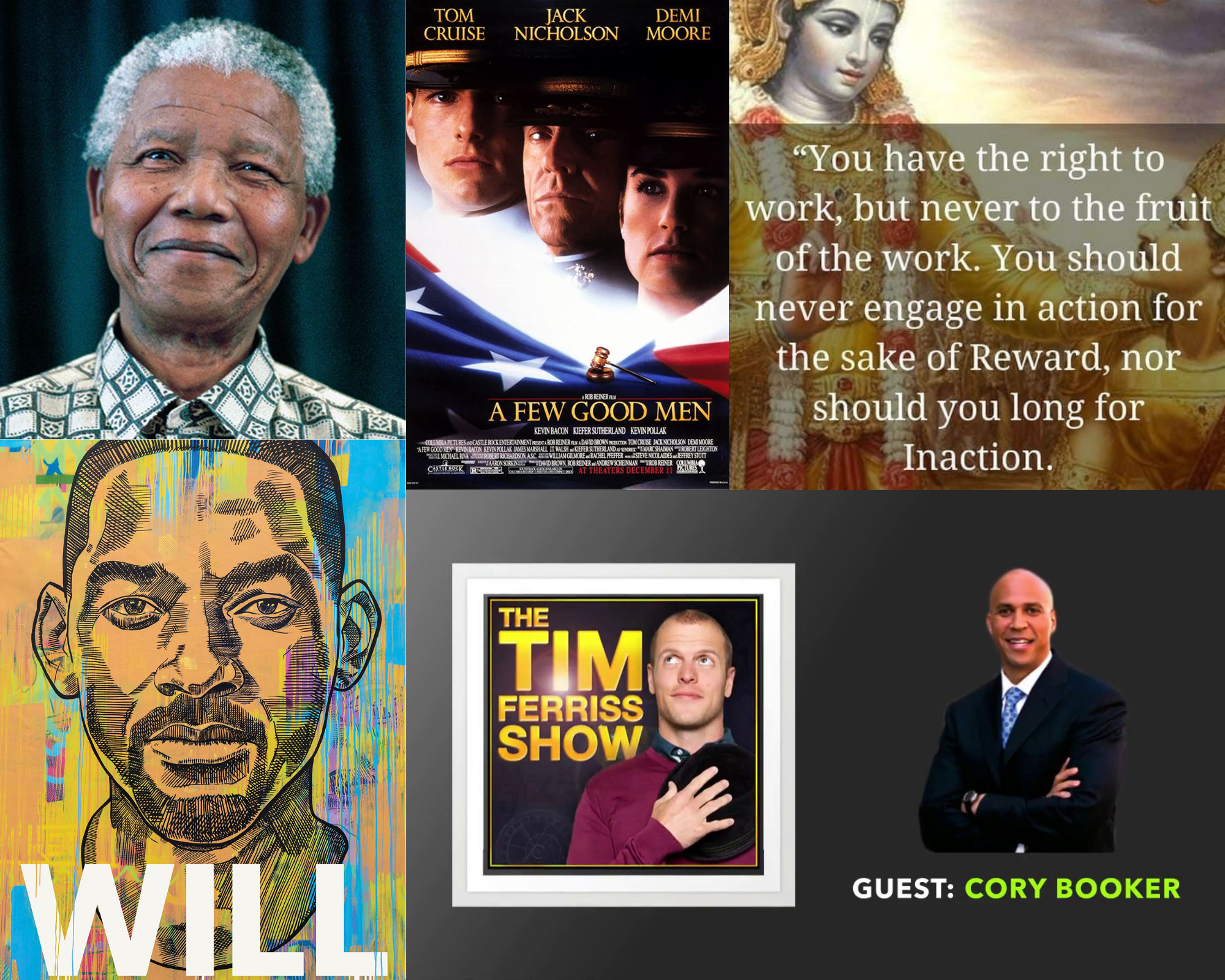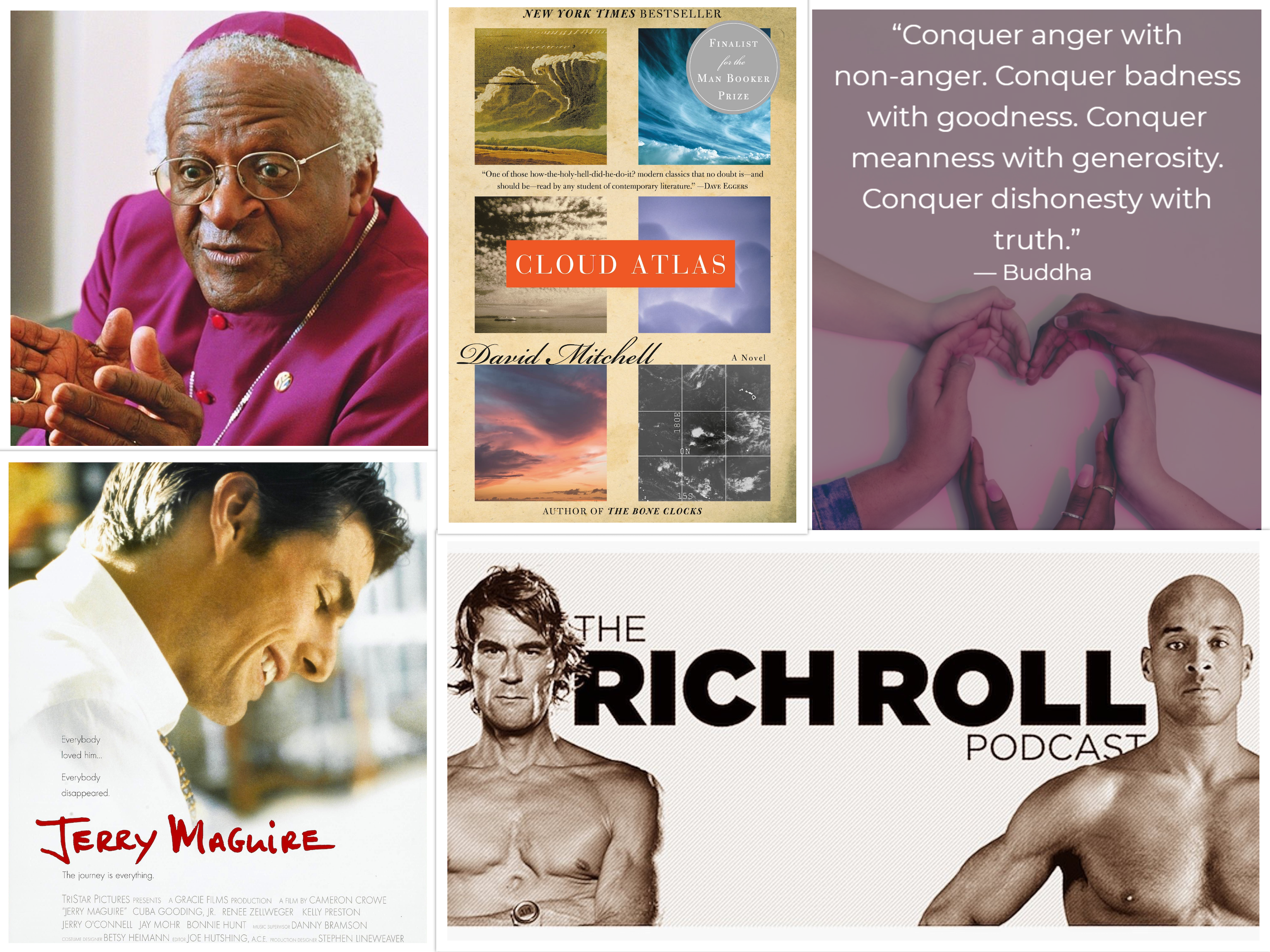Sunday Supplement #151 (March 31st, 2024)
Below is another Sunday Supplement with a quote worth sharing, a book worth reading, a movie worth watching, brainfood worth consuming, and a spiritual passage worth pondering.
Please take something away from these recommendations that enriches your week ahead!
Quote of the Week:
“As we express our gratitude, we must never forget that the highest appreciation is not to utter words, but to live by them.”
– John F. Kennedy
Book of the Week:
The Dead Zone – Stephen King
I’ve featured several Stephen King books in previous Sunday Supplements, and while I tend to mix up my recommendations, I think there are many King books worth reading. There’s a reason he’s written over 60 books, and all of them are bestsellers.
The Dead Zone follows the lives of Johnny Smith, a high school teacher in Maine who suffered an accident as a child that planted a seed for future events, and Greg Stillson, a door-to-door salesman with grand ambitions.
Johnny and Stillson’s paths cross after Johnny suffers an accident that leaves him in a coma for over five years. He realizes he must thwart Stillson’s ambitions at any cost.
What I love about King’s books is the character building. In The Dead Zone, King brilliantly builds Johnny and Stillson’s characters. What Johnny loses in his five years in the coma, along with Stillson’s growing ambitions, drives the narrative to the heartfelt climax.
If you are curious to check out Stephen King’s works but aren’t a horror fan, this is a solid book to choose for your first read.
Movie of the Week:
One of my favorite screenwriters is John Logan. He is the creator/writer of Penny Dreadful and the writer of Skyfall, Hugo, Rango, Sweeny Todd, and Gladiator (among others).
The film follows a US Army veteran who gets hired by the Japanese emperor to train his army in modern warfare and quell the samurai, who are viewed as relics of the past that impede Japan’s westernization.
The veteran, played by Tom Cruise — (spoiler alert) — is captured by the samurai. The film follows his journey as he ends up being saved by the culture he was hired to destroy.
The film was nominated for four Oscars, including Best Actor in a Supporting Role for Ken Watanabe.
While it’s hard to choose from Logan’s excellent filmography, and I will cop out and not pick a favorite, The Last Samurai competes for the top spot. I highly recommend it.
Brainfood of the Week:
An Antidote to Dissatisfaction | Kurzgesagt — In a Nutshell
I recently stumbled upon Kurzgesagt’s YouTube channel and can’t recommend it highly enough. They are “a team of illustrators, animators, number crunchers, and one dog who aim to spark curiosity about science and the world we live in.”
This video starts by discussing how it’s easy to slip into thoughts of scarcity, inferiority, and negative comparison and how researchers have looked into how to counteract these impulses in the last twenty years.
One of the strongest predictors of how happy people are, how easily they make friends, and how good they are at dealing with hardship is gratitude.
How you experience life is a representation of what you believe about it. If you attack your core beliefs about yourself and your life, you can change your thoughts and feelings, which automatically changes your behavior.
The above points are just a few of my favorite picks from the video, but its breakdown of gratitude, its evolution, and how to practice it make the video well worth watching.
Closing Spiritual Passage:
“For whoever is grateful, it is only for their own good.”
– Surah Luqman 31:12
This Quran passage discusses gratitude to God. However, I don’t think it is necessarily solely limited to a creator; it can encompass what God can represent.
Being grateful for love, your fellow humans, nature, life, etc, all fall under the umbrella of what God represents.
For me, the key point of this passage is the focus on gratitude. Cultivating a habit of gratitude can only be beneficial.
Operating from a perspective of gratitude allows you to see the good in any situation. That doesn’t mean you ignore bad things, but you can always look to the good after you’ve handled or processed the bad.
Practice gratitude, and have a blessed week ahead!
Comments closed



